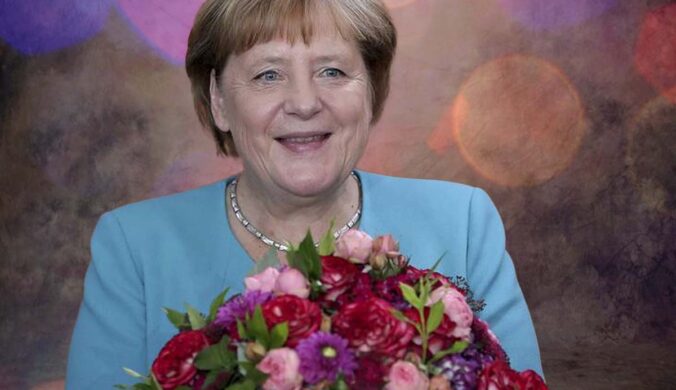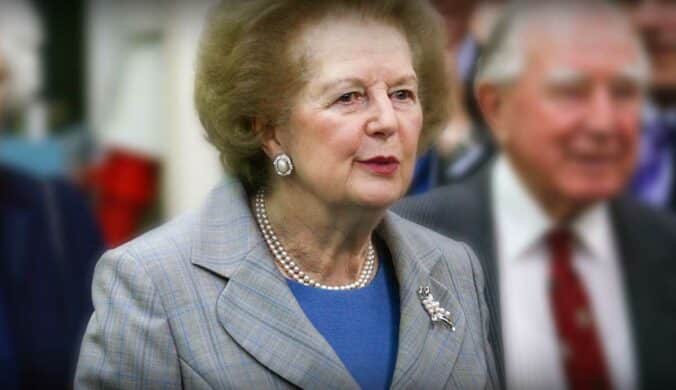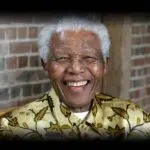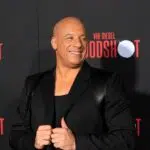Nelson Rolihlahla Mandela, born on July 18, 1918, was a South African revolutionary political leader. Mandela was known for all the good work he had done, but he’s best known as the first black president of South Africa. His government focused on dismantling apartheid and its legacy of institutional racism and fostering inter-racial reconciliation in the country. He was a Nobel Peace laureate, the ‘Father of the Nation,’ and a man who genuinely cared for his people. These are just a few reasons for celebrating his legacy on his special day!
Fast Facts
Full Name:
Nelson Rolihlahla Mandela
Nickname:
Madiba
Birth date:
July 18, 1918
Death date:
December 5, 2013 (age 95)
Zodiac Sign:
Cancer
Height:
6' 1"
Relationship Status:
Married
Net Worth:
$4.1 million
Background
Nelson Rolihlahla Mandela was, and will always be, a celebrated name within and outside South Africa. His actualized mandates and his political stance, strength, and valor are a few reasons he’s idolized to date. Mandela was born in Umtata in South Africa’s Cape Province on July 18, 1918. He attended a local Methodist school at age seven and was raised in the Thembu regent. His secondary education began at Clarkebury Methodist High School in 1933, where he completed his Junior Certificate in two years. In 1937 he attended Healdtown College, and by 1939, he began studying for a B.A. degree at the University of Fort Hare. Here, Mandela studied Anthropology, English, Politics, Native Administration, and Roman-Dutch Law in his first year. However, he got suspended after a boycott against the university’s poor food quality. He later enrolled at the University of the Witwatersrand to study Law. Mandela was the only black African student there and faced elevated heights of racism. Due to his political interests, he failed his final exam thrice and got denied his Law degree in 1949.
After the South African National Party’s white-only government established laws of apartheid that favored whites, Mandela as an A.N.C. member, sought to overthrow the government. He often got arrested, and in July 1952, he stood trial and was found guilty of ‘statutory communism,’ the then legal term for anti-apartheidism. He opened his law firm with Oliver Tambo in August 1953. At the time, ‘Mandela and Tambo’ was the only law firm in the country that was black-operated, and it was popular with aggrieved blacks. He was arrested in December 1956 alongside other A.N.C. national executives on charges of high treason against the state. The formal trial began in August 1958, and by 1961, Mandela was found ‘not guilty’. He was arrested again in August 1962 for inciting workers’ strikes and leaving the country without permission. He was sentenced to five years’ imprisonment for this crime. While in prison, Mandela received new conspiracy charges and went to trial that was tagged ‘The Rivonia Trial.’ He was found guilty on four counts of treason and sentenced to life imprisonment. Mandela and his co-accused were transferred to Robben Island prison in 1964, where they remained for 18 years.
Mandela’s time in prison was terrible. He worked in a lime quarry, and the glare permanently damaged his sight. As a Class D inmate, he received a letter or a visit once every six months. He also lost his mother and his firstborn son, Thembi, during his time in prison. In 1975, he became a Class A prisoner and was allowed many visitors and letters. Mandela was transferred to Pollsmoor Prison in April 1982. Due to dwindling foreign investment in South Africa, he was offered release with a clause to denounce violence as a political measure in February 1985. He refused, and on his 70th birthday in 1988, a tribute concert was held at London’s Wembley Stadium in his honor. He was moved to Victor Verster Prison in 1988, and in February 1990, he was released from prison after the then president considered apartheid unsustainable. Mandela spent nearly three decades in prison before his release. He resumed his political interests immediately after. He sought to end apartheid and became the first black African president of South Africa in 1994.
As president, Mandela achieved many notable things including land reform, poverty alleviation, and others. In his lifetime, he received over 250 honors, including the Nobel Peace Prize. He is regarded as a beacon of democracy and social justice. Mandela was a phenomenal man who shared his trials and tribulations with his family and loved ones. He was married three times and bore seven children. His legacy lives on in the hearts of the people he touched and through the Nelson Mandela Foundation.
Career timeline
Mandela and Oliver Tambo open their law firm in downtown Johannesburg.
The police arrest Mandela for inciting strikes.
Mandela gets charged with four counts of sabotage and is sentenced to life imprisonment.
An international campaign seeking the release of Mandela begins.
Mandela is released from prison after F.W. de Klerk announces his unconditional release.
Madiba receives the Presidential Medal of Freedom.
Why We Love Nelson Mandela
He ended apartheid
Mandela put an end to institutional racism and segregation in South Africa. He will always be remembered for his immense contributions to achieving racial equality in South Africa.
He could not be broken
27 years in prison couldn’t break his spirit. Mandela was fearless and possessed immense strength.
He was a philanthropist
Mandela fought to better the lives of his people. He advocated for poverty alleviation, H.I.V./Aids awareness, and several other causes.
5 Surprising Facts
His middle name means troublemaker
Mandela’s middle name ‘Rolihlahla’ means troublemaker in Xhosa.
He was royalty
Mandela’s patrilineal great-grandfather was King of the Thembu people, so he was royalty.
He was named Nelson by his teacher
Due to the British bias in the education system, Mandela was given the English name ‘Nelson’ in school.
He loved gardening
Mandela had a great interest in gardening.
He worked towards his degree in prison
Mandela worked on obtaining his law degree from the University of London while in prison.
Nelson Mandela FAQs
Who were Nelson Mandela’s wives
Evelyn Mase, Winnie Madikizela, and Graça Machel.
Was Nelson Mandela poor as a child?
Although he was royalty, he grew up in poverty.
What is the Nelson Mandela film called?
“Mandela: Long Walk to Freedom” (2013).
Nelson Mandela’s birthday dates
| Year | Date | Day |
|---|---|---|
| 2025 | July 18 | Friday |
| 2026 | July 18 | Saturday |
| 2027 | July 18 | Sunday |
| 2028 | July 18 | Tuesday |
| 2029 | July 18 | Wednesday |










